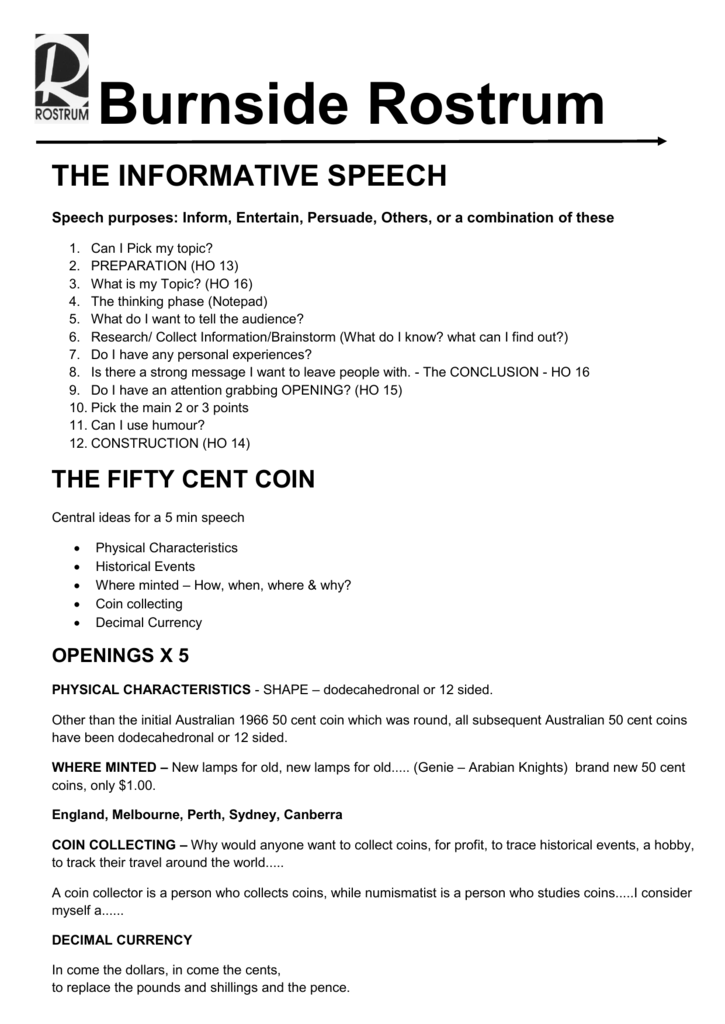

Concurrently, the same studies showed that between eighty-eight and eighty-nine percent of individuals with post-secondary schooling gained employment all year round (Sum et al. In 2007, studies carried out in the United States revealed that a mere sixty percent of high school dropouts aged between sixteen and twenty-four years old gained employment in that year (Sum et al. Persons with college education gain have higher chances of getting well-paying work opportunities and are valuable enough to influence the salary rates in labor institutions. Transition: With the given facts in mind, I will go on to argue that the economic advantages of a college education more than repays the monetary sacrifices made regarding better jobs. In that sense, a college education becomes a “lose-lose” situation as parents give more money only to have sub-standard documents that claim their children's prowess in their areas of study. In the words of William John Bennett and David Wilezol, higher education has become “exorbitantly expensive and inefficient” (156).Īpparently, while the price of a college degree continues to rise, institutions have become “lax in enforcing academic standards’ lest they lose students and the money earned through tuition (Bennett and Wilezol 139). The main argument against college education revolves around the total cost of the same as tuition fees and living expenses continue to rise. Transition: Now that we have learned the nature of college as a school of life itself, I will discuss the anti-college stand. Selingo writes that the new residential experiences help adolescents transition into young adults as they learn to be responsible for themselves (121).Īs they live with different people and participate in new activities, they gain exposure to new cultures that go on to shape their adult lives.Īccordingly, a study conducted in 2004 revealed that an estimated seventy-three percent college graduates insisted on the importance of “understand the reasoning behind the opinions of others” while fifty-nine percent of high school dropouts agreed to the same (Baum and Ma, 28). When going off to college, most students are legal adults and for that reason, have the option to choose learning institutions located far away from home where they gain accommodation within and outside the school compound. Unlike the other stages of education, at the college level, students experience an entirely different environment regarding cultures and ideas. Next, I will acknowledge the arguments against its importance.įinally, I will discuss the economic advantages of a college education. Preview of Main Points:įirst, I will discuss the impact of college education on attitudes. Thematic statement: The education attained at the college level goes beyond the walls of the classroom, as aside from monetary benefits, the attitudes and ideologies gained in campus are significant in life.

#Informative speech central idea example how to
Now, what was so special about Douglass’ ideas? Well, a Narrative of the Life of Frederick Douglass was subject to an educated slave who relied on poor white children to teach him how to read and write.Įstablishment of Ethos: Education has for years acted as the literal and figurative key to freedom, and claims to the irrelevance of college education downplay centuries of provable facts that show the contrary. According to the man, education was the pathway to freedom just because the Caucasians forbade their slaves from getting any formal learning since they were afraid of what an educated colored individual might do to the slavery system. In the text, Douglass depicted what the lives of persons of African descent were like in the slave-holding States of the South and as a result informed his readers of the nature of slavery at the time. IntroductionĪttention getter: Frederick Douglass, a self-emancipated slave from the antebellum period, published a Narrative of the Life of Frederick Douglass a mere seven years after running away from his master.

Thesis: The education attained at the college level extends beyond the walls of the classroom, as aside from monetary benefits, the attitudes and ideologies gained in campus are significant in life. Specific Purpose: Informing the audience on why college education will go a long way in helping every individual in his or her social and work life.


 0 kommentar(er)
0 kommentar(er)
